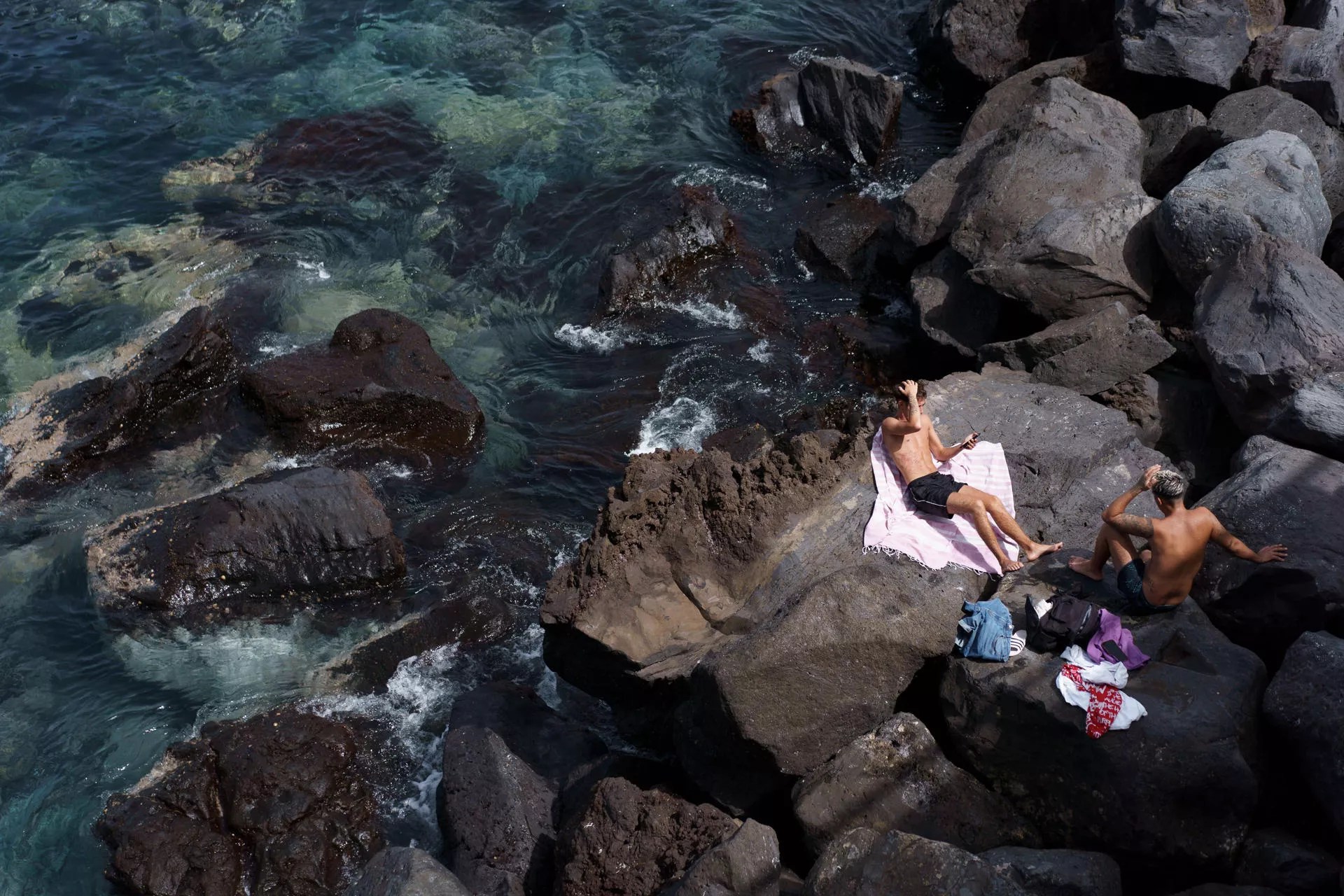SANTA CRUZ DE TENERIFE, 22 Aug. (EUROPA PRESS) –
The chief coordinator of the Popular Party (PP) in the Canary Islands, Jacob Qadri, expresses optimism that the forthcoming meeting on Friday between the President of the Spanish Government, Pedro Sánchez, and his Canarian counterpart, Fernando Clavijo, will result in “specific actions that align with the Archipelago’s needs regarding immigration, rather than devolving into a casual discussion filled with the usual promises and theatrics from the state government.”
“This high-level gathering should have occurred many months ago, as this emergency born from a humanitarian crisis is neither new nor has it emerged recently. The Canary Islands must not remain isolated in the face of the immigration crisis, with figures rising by 126 per cent compared to the same timeframe in 2023,” he stated in a declaration.
Qadri reminds us that the PP’s stance “remains that of engaging in any negotiation, provided there is a commitment to adhere to a set of measures, which include establishing a state financial framework that ensures security for the autonomous communities accommodating migrants, and that all autonomous communities, without exception, are obliged to partake in the distribution of unaccompanied foreign minors.”
Furthermore, the chief coordinator of the Canarian Popular Party emphasised that the agreement ought to stipulate that “any region experiencing circumstances akin to those existing in the Canary Islands, Ceuta, or Melilla may declare itself overwhelmed.”
In any event, Qadri stresses that, as the regional PP has maintained for months, “ideally, these matters should be discussed at a conference of presidents, so that all autonomous communities are subject to consistent rules and all factors are presented openly, alongside the State and the European Union.”
The chief coordinator of the PP in the Canary Islands believes that “it is crucial to enact additional measures concurrently, such as enhancing border controls, increasing the deployment of Frontex and military forces in the countries of origin.”
He posits that “the sole means to rectify this influx of migration and bring an end to the humanitarian tragedy that unfolds daily, exacerbated by the criminal networks operating along the so-called Canary Islands route with unsafe vessels, is for the State to institute migration quotas with the countries of origin, ensuring that anyone wishing to enter our nation does so legally.”
















